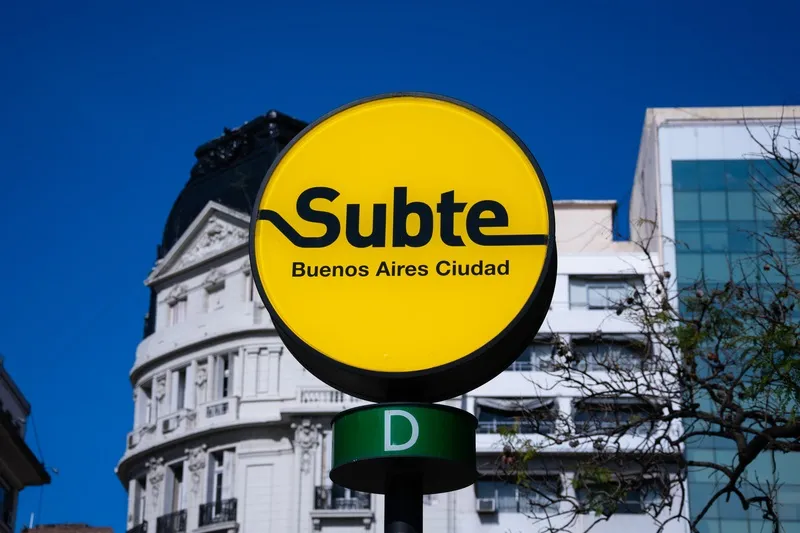
Siemens Mobility has been awarded signalling contracts in South America and South-east Asia.
Its deal with Subterráneos de Buenos Aires, Sociedad del Estado (SBASE) is to install a communications-based train control system (CBTC) on the ‘D’ Metro Line in Buenos Aires, Argentina.
Meanwhile, it has also been awarded a similar contract by Singapore's Land Transport Authority (LTA) for the city-state's Jurong Region Line (JRL).
Channel News Asia reports that the Singapore deal is worth about S$215 million (US$155m).
In addition to the signalling system, it includes the provision of half-height platform screen doors on the whole of the JRL by Siemens.
It is one of four LTA contracts to be awarded on the JRL to various companies - including the construction of three stations - which are thought to be worth a total of S$682 (US$492m).
The Buenos Aires system will be implemented across the 11km 'D' line, incorporating 16 stations, and "expands our growing footprint in South America”, said Michael Peter, CEO of Siemens Mobility.
The system will include the installation of on-board units on 24 existing cars, as well as a radio system, electronic interlockings and wayside equipment, the company says.
It will be coordinated by a newly-established operations control centre and Siemens will also provide a passenger information system.
The radio-based CBTC technology provides real-time data on vehicle position and speed conditions, allowing system operators to safely increase the number of vehicles on a line.
Siemens says this increases frequency of train arrivals and improves safety by precisely locating each train on the tracks, with the ability to control speed.








